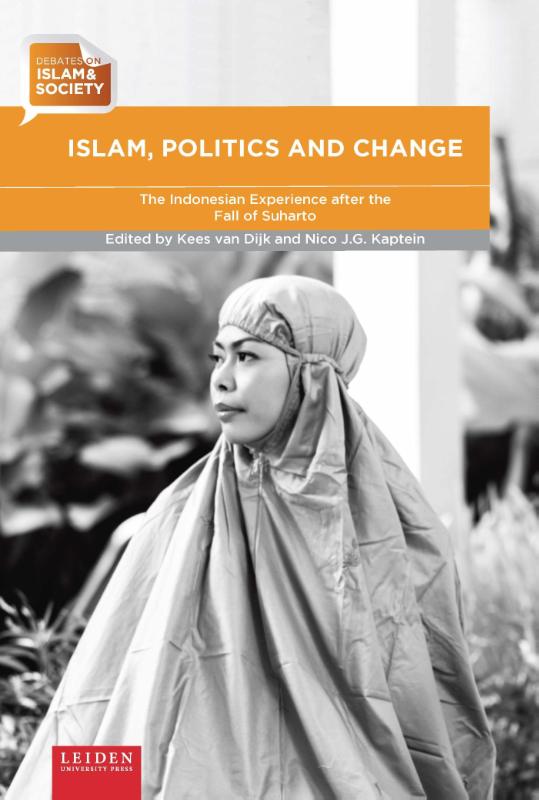Binding : Paperback
Distributievorm : Boek (print, druk)
Formaat :
155mm x 235mm
Aantal pagina's :
330
Uitgeverij :
Leiden University Press
ISBN :
9789087282387
Datum publicatie : 01-2016

€ 55,00
ePUB ebook
niet beschikbaar
PDF ebook
niet beschikbaar
€ 55,00
niet beschikbaar
niet beschikbaar
5-6 werkdagen
Veilig betalen 

14 dagen bedenktermijn

